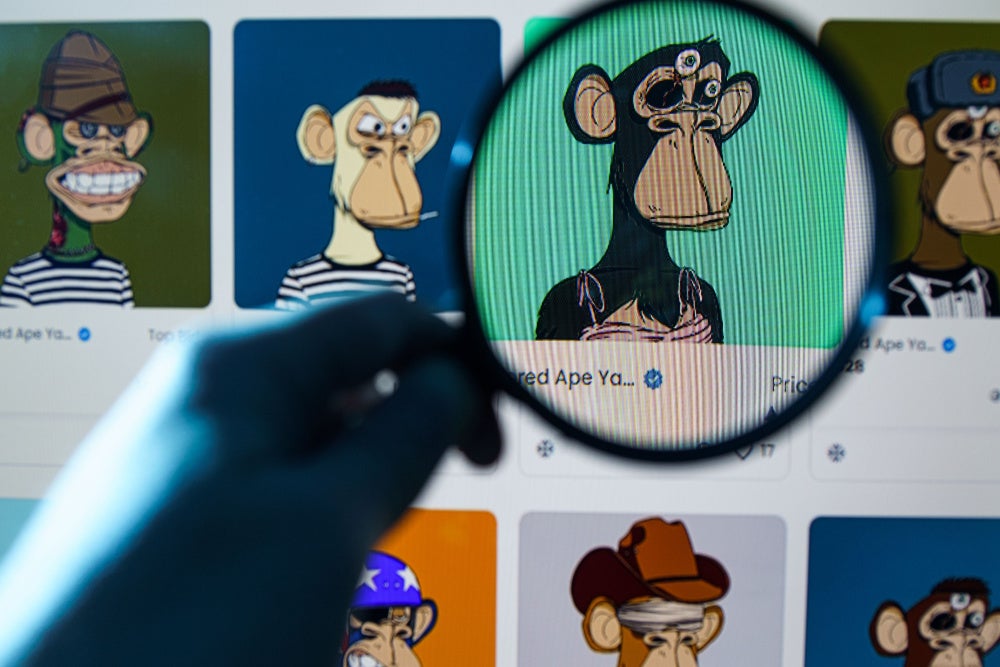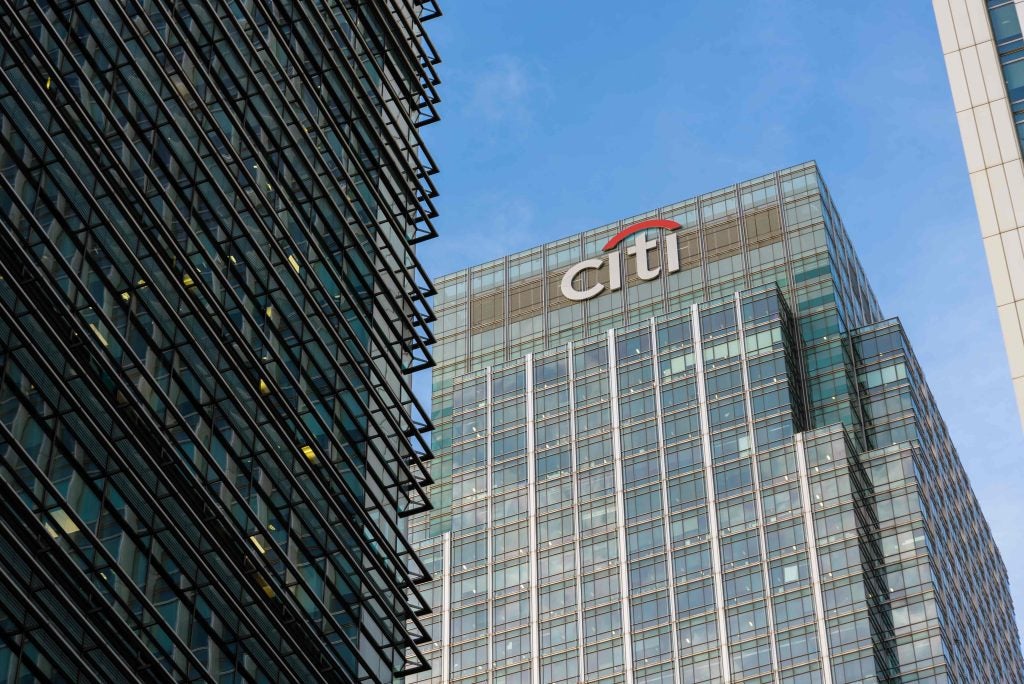
Non-fungible tokens, or NFTs, have suffered a dramatic fall from grace since enjoying stratospheric popularity last year, providing several tech heavyweights with ample opportunity to diss them. And boy have they jumped on chance to give the new kids on the block a proper pounding.
The digital assets have seemingly been caught up in the on-going crypto crash, which has seen cryptocurrencies like bitcoin fall from their record heights in November 2021.
Microsoft co-founder Bill Gates kicked off the NFT bashing last month, equating the asset class to a sham. He added that NFTs are “100% based on greater fool theory” and even poked fun at Bored Ape NFTs as being “expensive digital images of monkeys”.
The Bored Ape Yacht Club is a collection of 10,000 digital art pieces that have become popular among celebrities like Madonna and Eminem.
Gates was later joined in his disdain for NFTs by Mojang, creator of cultural phenomenon Minecraft. The company actively banned NFTs in its game this week after claiming they “create a scenario of the haves and the have-nots”.
In contrast, Fortnite developer Epic Games‘ CEO Tim Sweeney has said that the company will not follow in Mojang’s footsteps.
“Developers should be free to decide how to build their games, and you are free to decide whether to play them,” Sweeney tweeted on Thursday. “I believe stores and operating system makers shouldn’t interfere by forcing their views onto others. We definitely won’t.”
Sweeny’s view that gaming developers should be given the freedom to include NFTs might fall on deaf ears, however. A survey of game developers ahead of the GDC 2022 conference showed that 72% had no interest in NFTs.
In the report, one developer stated: “I’d be lying if I said I don’t think NFTs are, at best, stupid, and at worst, predatory and ecologically dangerous.
“Cryptocurrency, I think, can also be a sensitive thing to deal with. Both have had an immense amount of scams pop up in a very, very short while.”
“Will have absolutely no impact at all on die-hard NFT fans”
The highly publicised mocking and dissing of NFTs, mixed with the stark decrease in high-priced sales of novel digital assets from its heyday last year, is putting the state and perception of the NFT world in poor form.
However, far from discrediting the industry, the tech heavyweights’ NFT bashing could just make crypto bros dig in their heels even deeper, according to industry watchers.
“Bill Gates’ comment about greater fools’ theory will have absolutely no impact at all on die-hard NFT fans,” Lil Read, senior analyst at research firm GlobalData, tells Verdict. “They will tout his rejection as part of Big Tech and Web2’s disdain for Web3.”
Jawad Ashraf, CEO and co-founder of metaverse platform Virtua, also had a hopeful outlook for NFTs despite their bad press.
Ashraf tells Verdict: “As the industry continues to mature, non-fungible tokens will find further utility and use cases, and although Mojang and others are not keen to use them at this time, NFTs are already being embraced by many others.”
Interest is dropping
2021 was arguably the year of the NFT. Interest in the market reached a fever pitch during the year. Due to the hype and awareness raised throughout the pandemic, the NFT sales hit a total worth of $17.6bn last year a whopping 21,000% increase from 2020, according to Nonfungible.com.
The NFT craze was partly fuelled by the skyrocketing investment levels seen in the overall cryptocurrency space.
In 2020, venture capitalists injected north of $3.3bn into crypto-related companies across 532 deals, according to data from GlobalData. In 2021, that figure soared to record heights when investors backed crypto projects to the tune of $26.4bn across 1,010 deals.
As of July 22, VCs have topped up the coffers of crypto projects by $13.2bn across 733 deals.
However, the NFT craze has slowed down since then. The number of NFT trades have bombed by around 50% from Q1 2022 to Q4 2021.
While it could be argued that the insane rush of NFT sales through 2021 was always inevitably going to level off at some point, it is clear that it happening right now.
One look at the worldwide Google searches for NFTs shows that interest in the sector seemingly peaked in January 2022 and has since come crashing down. It is still falling.
Heavyweights dissing NFTs not the main reason behind the crash
While several industry heavyweights have dissed NFTs, several factors have arguably had a greater effect on the industry's decline.
Firstly, given that the success of NFTs was always intimately linked to the soaring crypto market, it is unsurprising that investors would get cold feet when bitcoin and other forms of digital dosh would come crashing down.
Secondly, Read argues the “value proposition of NFTs is still immature” and there are several problems to address.
Issues with user experience, energy consumption and a large barrier to widespread adoption are all challenges that are limiting the scope of NFTs, according to Read.
Only 28.6% of people have heard the term “NFT” and understand what it means, according to July’s update of Hootsuite and We Are Social’s Global State of Digital 2022 report.
“The state and perception of crypto are down and the same goes for NFTs and Web3 technologies,” Read says.
“NFT trading volumes are down following the collapse of the speculative crypto bubble and reflecting wider sell-offs in other traditional asset classes.
“The decrease in NFT sales may also be, at least in part, due to decreased wash trading, a tactic employed by creators and cryptobros to hyperinflate NFT values.”
Read states that “NFTs are no longer the current thing” due to other focuses of the world right now, like Russia’s invasion of Ukraine and the cost-of-living crisis.
“It would be weird if these macroeconomic factors weren’t impacting the proliferation of NFTs.”
GlobalData is the parent company of Verdict and its sister publications.








